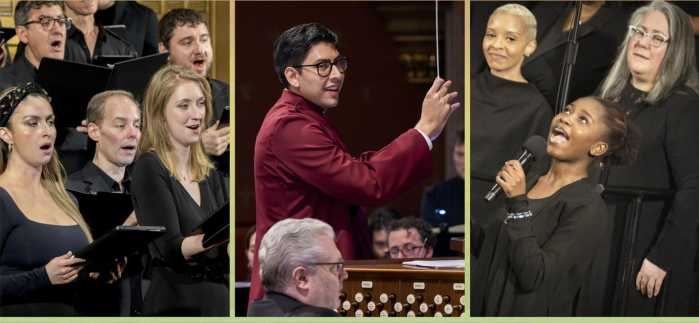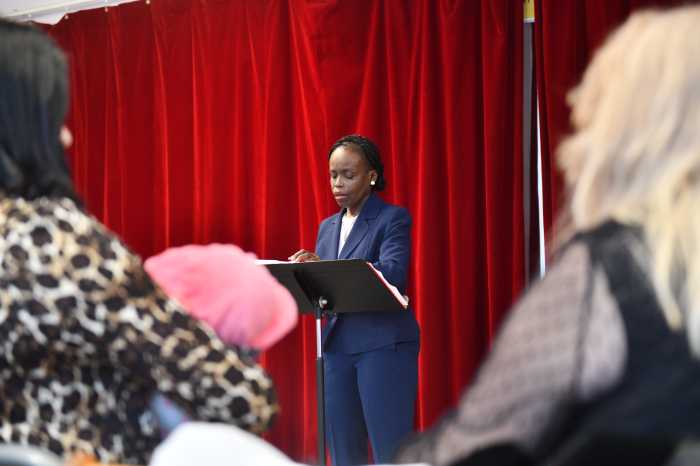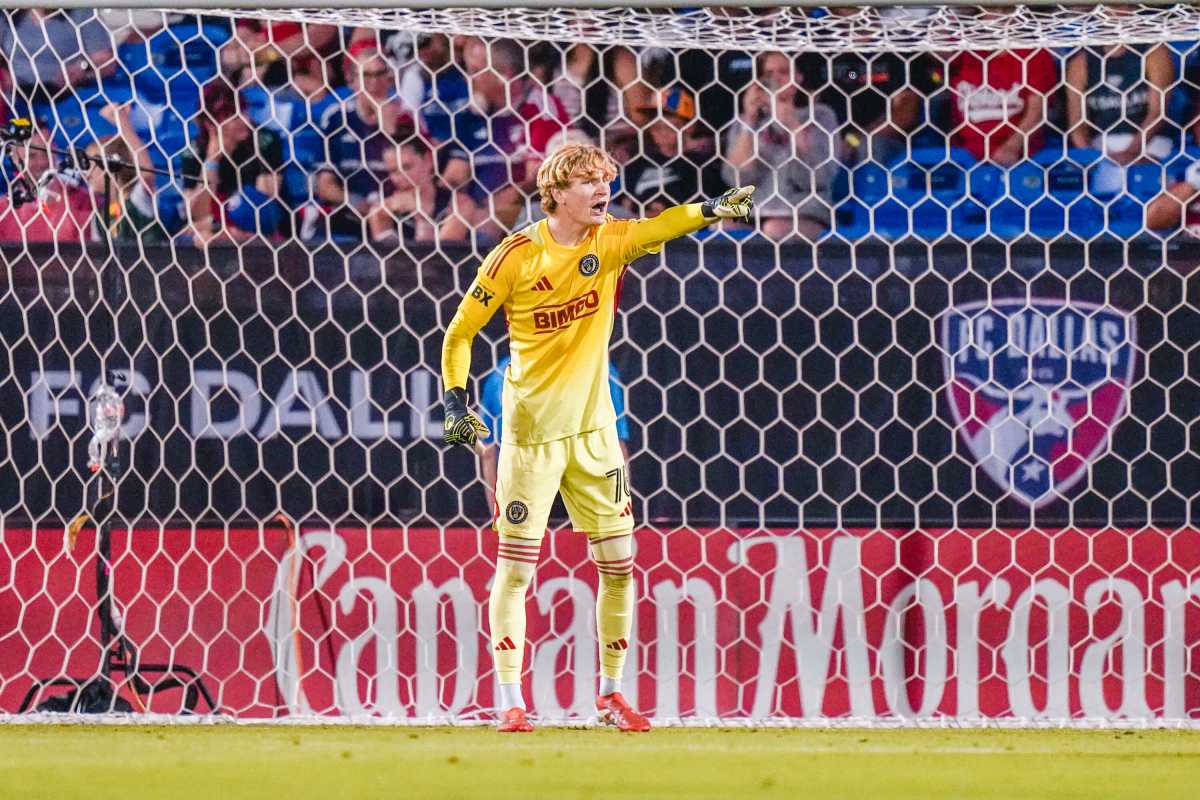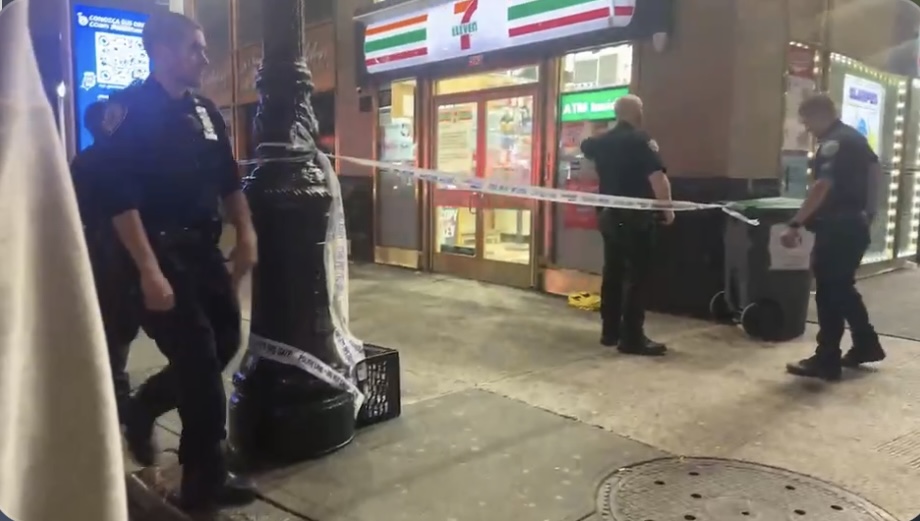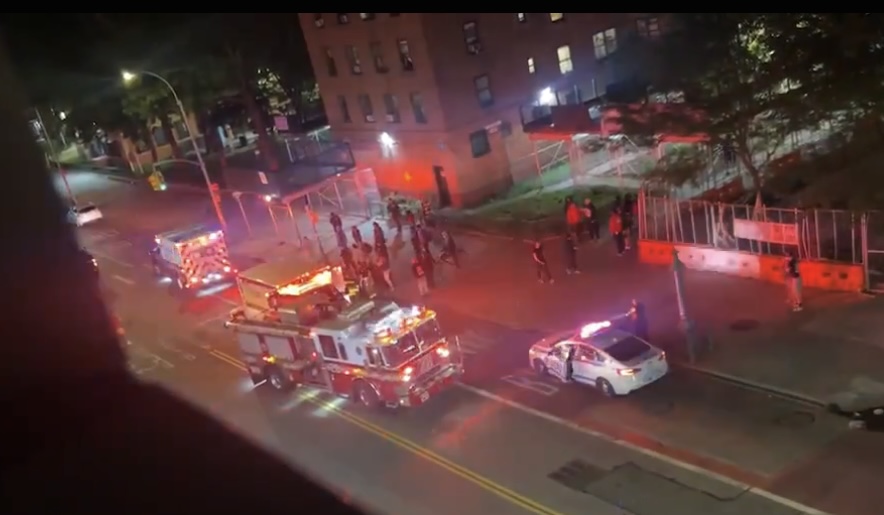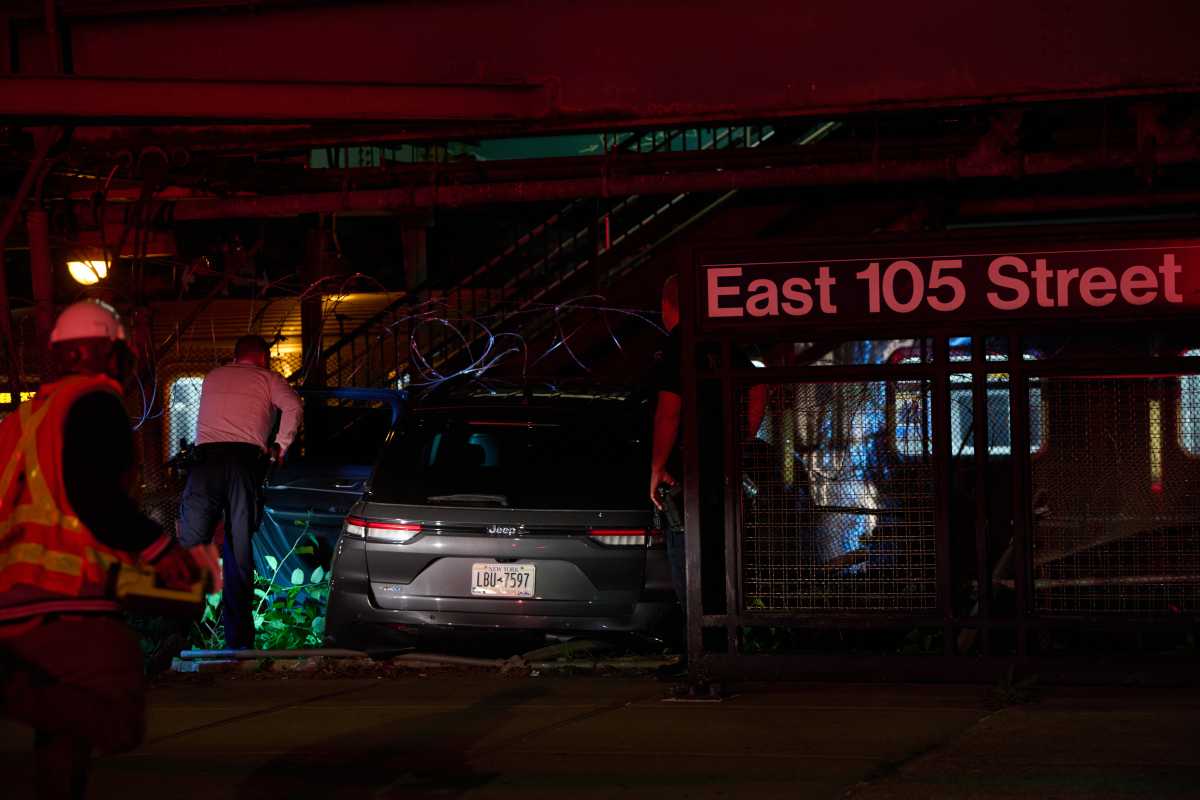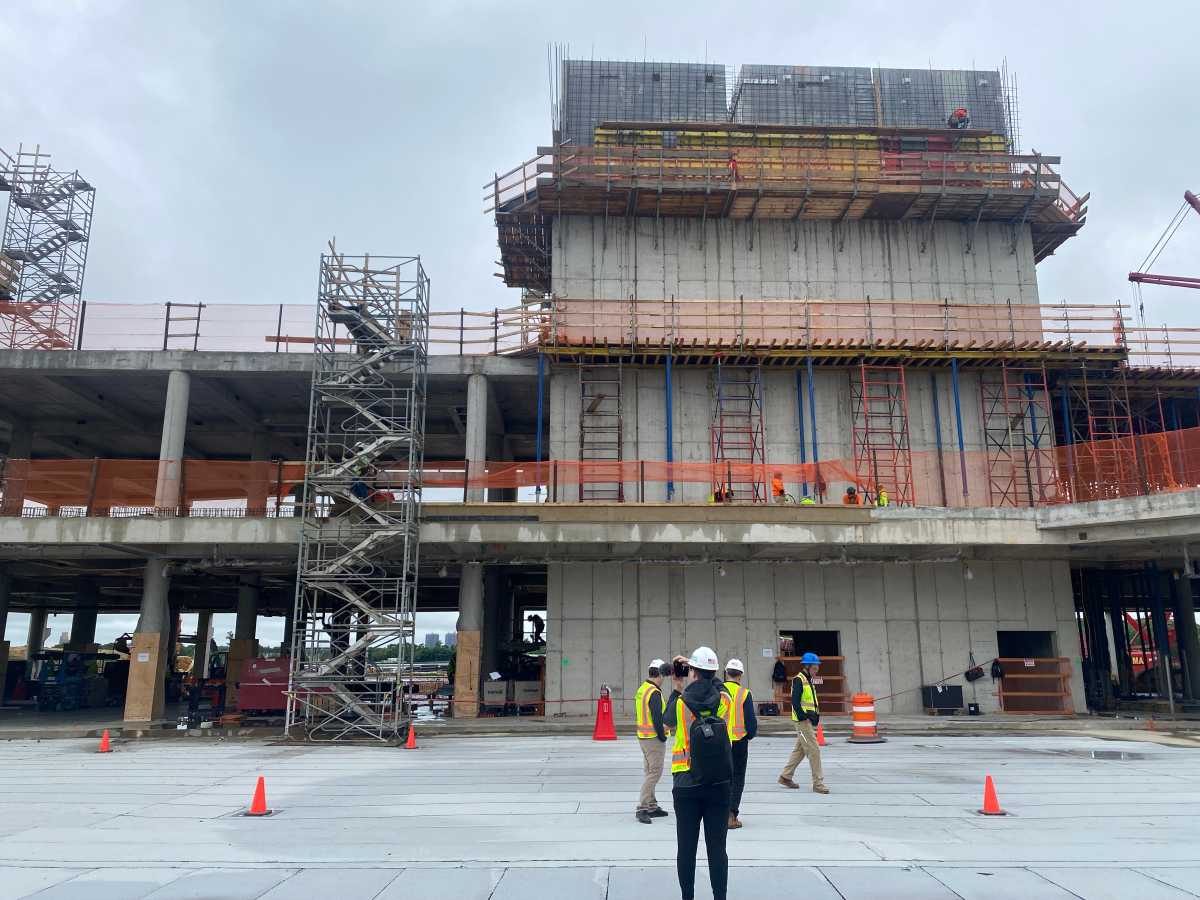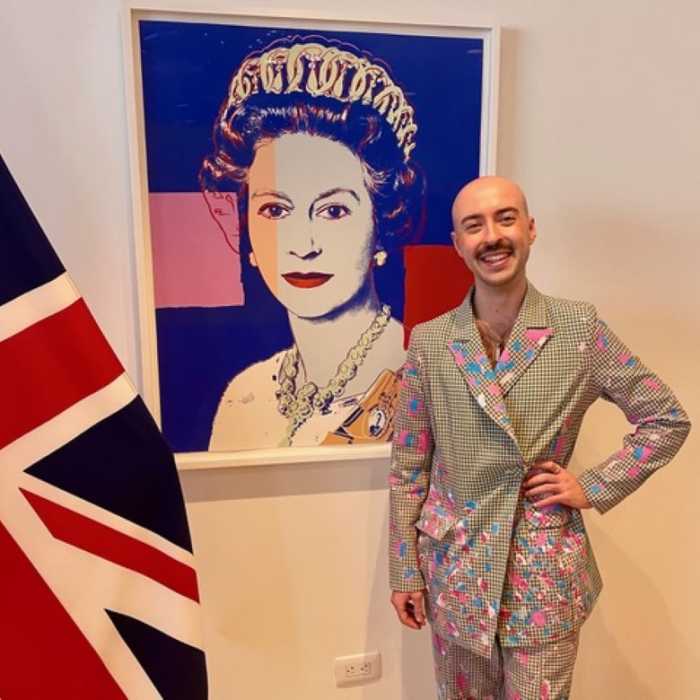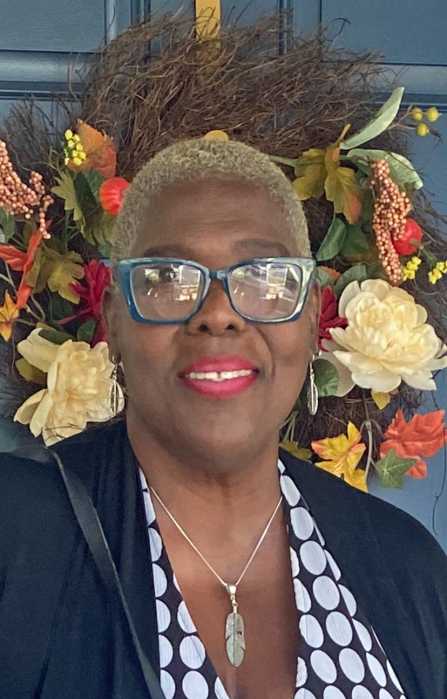In cities with a reputation as innovation hubs for their tech and entrepreneurial leadership, such as Boston, real estate prices are soaring and available housing is dwindling.
But often new, affordable housing is restricted by local ordinances or neighborhood opposition. Enter YIMBY – Yes In My Backyard – to champion the cause that gentrification doesn’t have to be a steamroller.
Unlike the more familiar NIMBY, or Not In My Backyard, YIMBYs encourage affordable development of low-cost housing in their neighborhoods. They can be found in exorbitantly expensive San Francisco; Boulder, Colorado, which hosted a national YIMBY conference this year; and in the Boston area.
Jesse Kanson-Benanav heads A Better Cambridge (ABC), a YIMBY advocacy group currently pressing for zoning reform to increase the number of affordable units in Cambridge. A project manager for the Somerville Community Corporation with a masters in urban planning from MIT, Kanson-Benanav heads up ABC on the side. Lower rents aren’t his only goal, though: he believes that we should leave the suburbs behind and embrace high-density living.
“After I went through the MIT urban planning program, I started to have a different take on density,” he said. “I started to believe that higher density development, when done well in the right spots, near transit, jobs, so on and so forth, really can start to resolve some of the social isolation and environmental degradation caused by suburban sprawl over the last century.”
Kanson-Benanav started ABC in 2012 in response to a petition to reduce height and density allowances for Central Square. Today, he and ABC are advocating for, among other regulatory changes, an increase in the percentage of affordable units that Cambridge requires of new developments. The cutoff would be 20 percent so as not to scare off developers.
Max Grinnell is a writer and urbanologist who teaches courses on urban studies and community development at Boston University and MassArt. While he understands opposition to denser housing development by property owners who fear it will affect their lifestyle or property values, the demand for urban living isn’t going to end soon.
“You want to be in these amenity-rich cities, where you have great outdoor spaces, tremendous job opportunity, and a higher quality of living,” Grinnell explained. “[And] If you are coming in to work at Logan airport, and you can only afford to live in some city 30 miles away, [a lot] of your time is spent in transit.”
Some are cautious of YIMBY groups for other reasons. Their pro-development stance leads some to wonder whether they might be in the pocket of real-estate developers looking to lend their projects more credibility. Though ABC currently supports the Mass & Main development in Central Square, Kanson-Benanav says his group has no affiliation with any developer.
Meanwhile, Kanson-Benanav is thinking regionally, too; he wants to link up with other local YIMBY groups, like Walk Up Roslindale and Villages Newton.
“It has to fall on every community in the region to play their fair share,” he said. “We plan to make this a regional, if not a statewide, movement.”










